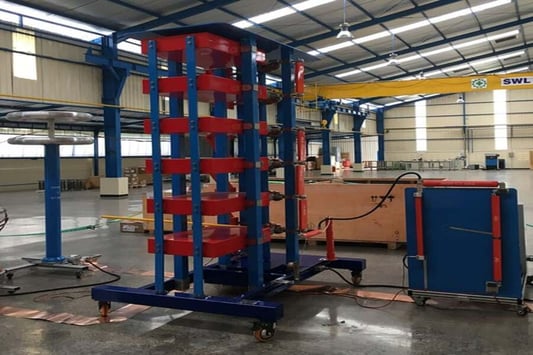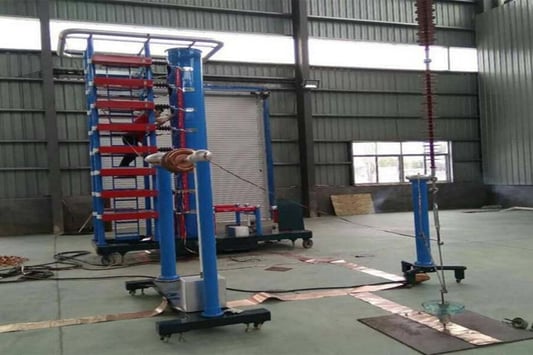Introduction to Impulse Voltage GeneratorsImpulse voltage generators are essential tools used in testing the insulation and withstand voltage of electrical equipment. In 2025, the demand for reliable impulse voltage generators is expected to rise, leading to an increase in manufacturers and exporters worldwide.Reliability and Quality StandardsWhen choosing an impulse voltage generator manufacturer or exporter, it is crucial to prioritize reliability and adherence to quality standards. Look for companies that follow international regulations and certifications to ensure the safety and performance of their products.Technological Advancements and InnovationTop manufacturers and exporters in 2025 are likely to invest in technological advancements and innovation to stay ahead of the competition. It is important to choose companies that prioritize research and development to provide cutting-edge solutions in impulse voltage generation.Global Market PresenceThe best impulse voltage generator manufacturers and exporters in 2025 will have a strong global market presence. Look for companies with a wide distribution network and a proven track record of delivering products to various regions around the world.Customization and FlexibilityIn a rapidly evolving industry, customization and flexibility are key factors to consider when selecting an impulse voltage generator supplier. Top manufacturers and exporters in 2025 will offer customizable solutions to meet the specific needs of different customers.After-Sales Support and ServiceChoosing a manufacturer or exporter that provides excellent after-sales support and service is essential in ensuring the longevity and optimal performance of your impulse voltage generator. Look for companies that offer maintenance, training, and technical support.Sustainability and Environmental ResponsibilityIn 2025, sustainability and environmental responsibility are becoming increasingly important in the manufacturing industry. Seek out companies that prioritize green practices and energy-efficient solutions in their impulse voltage generator production.Cost-Effective SolutionsWhile quality should never be compromised, it is important to consider cost-effective solutions when choosing an impulse voltage generator manufacturer or exporter. Top companies in 2025 will offer competitive pricing without compromising on performance.Industry Reputation and Customer ReviewsBefore making a decision, do thorough research on the industry reputation and customer reviews of potential impulse voltage generator manufacturers and exporters. Choose companies with positive feedback and a strong reputation for reliability and quality.Future Trends and InnovationsLooking ahead to the future, the Top Impulse Voltage Generator Manufacturers and Exporters in 2025 are likely to anticipate and adapt to emerging trends and innovations in the industry. Stay informed and choose a supplier that is forward-thinking and progressive.Quote InquiryContact us










